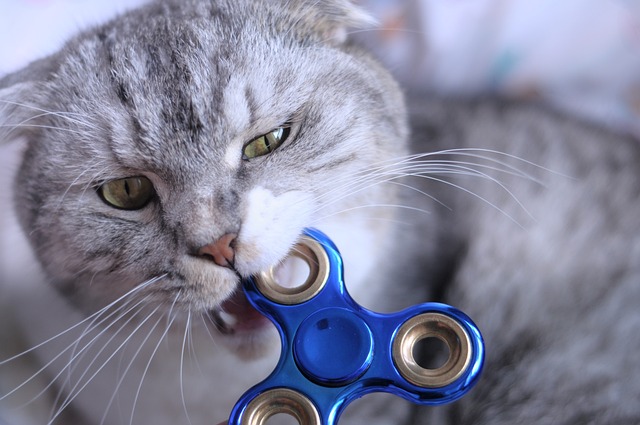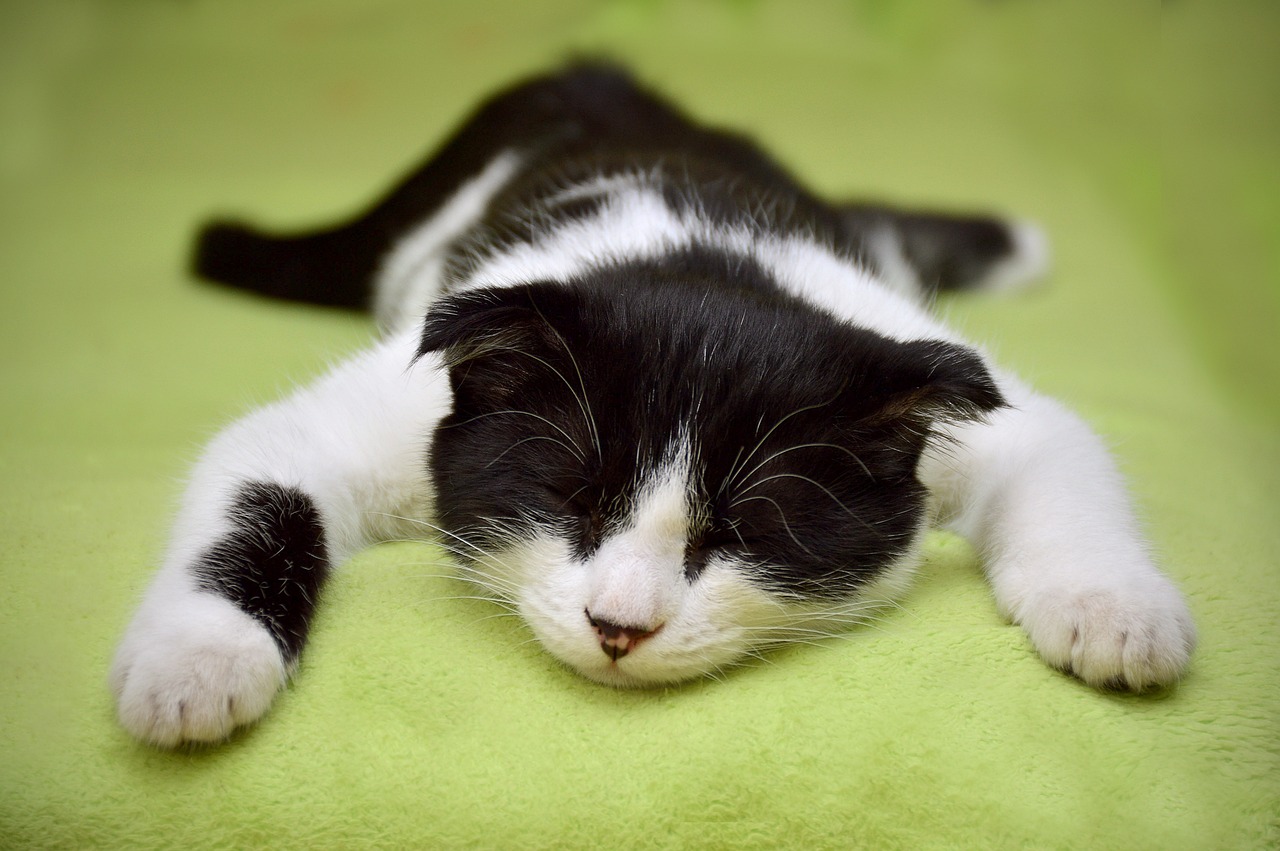Understanding why your cat bites is important for a harmonious relationship. Adult cats may bite out of fear, show dominance, or seek attention from their pet parents. For kittens, biting and pawing are instinctive behaviours, but allowing them to do it every time can lead to more intense and painful bites in the future. Moreover, it poses a risk, hindering the owner’s ability to carry out essential tasks like administering medication.
To address this behaviour, a bit of training goes a long way. Teaching your feline friend to stop forceful biting and engage in playful interactions with gentle paws—sans claws—can make a lot of difference. With the right techniques, you can still enjoy quality time with your furry companion without unnecessary discomfort.
WHY DOES A CAT BITE
Cats and kittens bite for different reasons, and it’s important to understand these distinctions.
Reasons for a Kitten Bites
Kittens tend to bite due to social reasons, learning these behaviours from their mom and fellow kittens. When they move to a new home, they often lack essential lessons. As a new owner, it becomes your responsibility to teach them manners. Kittens don’t realize their teeth or claws can cause pain unless you communicate it in “kitty language.” That’s why it’s important to start training your kitten early on.
A mother cat is the best teacher for her kittens. They learn important lessons from her, including when to bite. Kittens might tend to communicate with their owners or explore their surroundings, especially when they’re teething.
Reasons for Cat Bites
For adult cat bites, there may be very different reasons.
- A cat might bite to express dominance or when they’re scared, reacting to someone or something. If a cat bites and doesn’t stay calm afterwards, it could be due to these reasons.
- Cats may resort to biting when they face something they don’t like, especially if it has proven effective in the past. For instance, if your cat bites you during nail trimming, and you stop, your cat learns that biting is a successful strategy to avoid nail trimming.
- Additionally, cats may bite when they crave attention. Instead of directly asking for it, they might bite their owner to grab their focus. If, after biting, your cat guides you to a toy or leads you to engage in a different activity, your feline friend is likely seeking your attention.
HOW TO STOP A CAT FROM BITING YOU
It may not be possible to teach your cat never to bite again. There are some practical techniques that you can apply to lower your pain. Your response should be according to the age of your pet child (Adult cat vs. kitten).
Maintain consistent response
Your response after the cat bite must be consistent. Make sure all other household members follow the same response. Mixed types of responses make it difficult for your pet child to learn quickly.
Never allow your pet child to play with your bare hands
All cats and kittens must be taught that hands are not toys. Make sure they are not considering your hand, one of their toys. If so you are developing a risky habit.
Offer an appropriate toy
As you know cats have the instinct to bite. They love to bite when they are playing. Cat toys of different varieties are available for cats to play. Make sure your pet doesn’t get bored and have many cat toys. You should have enough variety of cat toys to encourage your cat to play with them and bite them eventually.
Praise your cat
Always remember to encourage the soft paws of your cats when playing with them and vice versa. Always say “good paw” and “bad paw” (whenever hurts you) so your cat can relate these words with its actions. Make noises when your cat bites you and stop the game, to teach your child a lesson not to punish obviously.
If your cat bites and won’t let go
A painful situation for you is if your cat bites you and won’t let go even after biting. In this situation, you should push your hands and arms in towards the bite. It will force your cat to release you. Pulling your cat away from you will force your cat to bite even more intensely. Consider your clothes as an extended part of your skin and keep them off limits from your cat. Otherwise, cats won’t learn the difference between chewing your jeans or nailing your bare legs.
Train replacement behaviour
If your cat becomes so excited when you enter the room and start to play with your feet. Teach him to sit back calmly and reward him for doing so. So next time you enter the room it will sit down Calmly to get the reward. A reward could be the favourite food or the best toy that your cats always love to have.
Avoid physical punishment
Sometimes when cat owners get a bite they try physical cat punishment. But this behaviour only makes the situation worse. As it arouses the cat more, he fights back to be safer. So physical cat punishment would only make your cats protect themselves and engage in rough play.
Also, Read the 6 most common reasons for hair loss in cats.
HOW TO TREAT A CAT BITE
Cat bites pose a risk not just to you but also to other pets. Treating cat bites in humans is important because they can lead to serious infections. Cat saliva contains harmful bacteria, including Staphylococcus, Streptococcus, and Pasteurella. Immediate medical attention is essential after a cat bite, as signs of infection can appear within a few hours. Here are some necessary steps to take if you’re bitten by a cat.
- Press the wound more when the cat bites you. It may cause more bleeding, but helps you to flush all the bacteria out of your body.
- Wash the wound with soap and water and use a clean cloth to wipe the wound.
Doctor examination is highly advisable. - A doctor will wash the wound with antiseptics and apply sutures if necessary. The use of antibiotics will be helpful to heal the wound.
Frequently Asked Questions
Cats might bite you seemingly out of nowhere due to various reasons, such as overstimulation, redirected aggression, fear, or pain. Understanding your cat’s body language can help you prevent these sudden bites.
Not necessarily. Cats can communicate in different ways, and biting can be a way for them to express their feelings. It might also indicate that your cat is overexcited, and playing too rough, or seeking your attention. However, persistent aggressive biting could require behaviour training.
To prevent biting during play, use appropriate toys to keep a safe distance between your hands and your cat’s mouth. Avoid using your hands as toys to prevent confusion. Gradually train your cat that gentle and soft play is rewarded, while rough play leads to the end of the game.
Yes, some health issues like dental issues, arthritis, or skin irritations can lead to biting. If your cat’s behaviour changes suddenly or you notice biting accompanied by other signs like lethargy or changes in appetite, it’s important to consult a veterinarian to rule out any medical problems.



